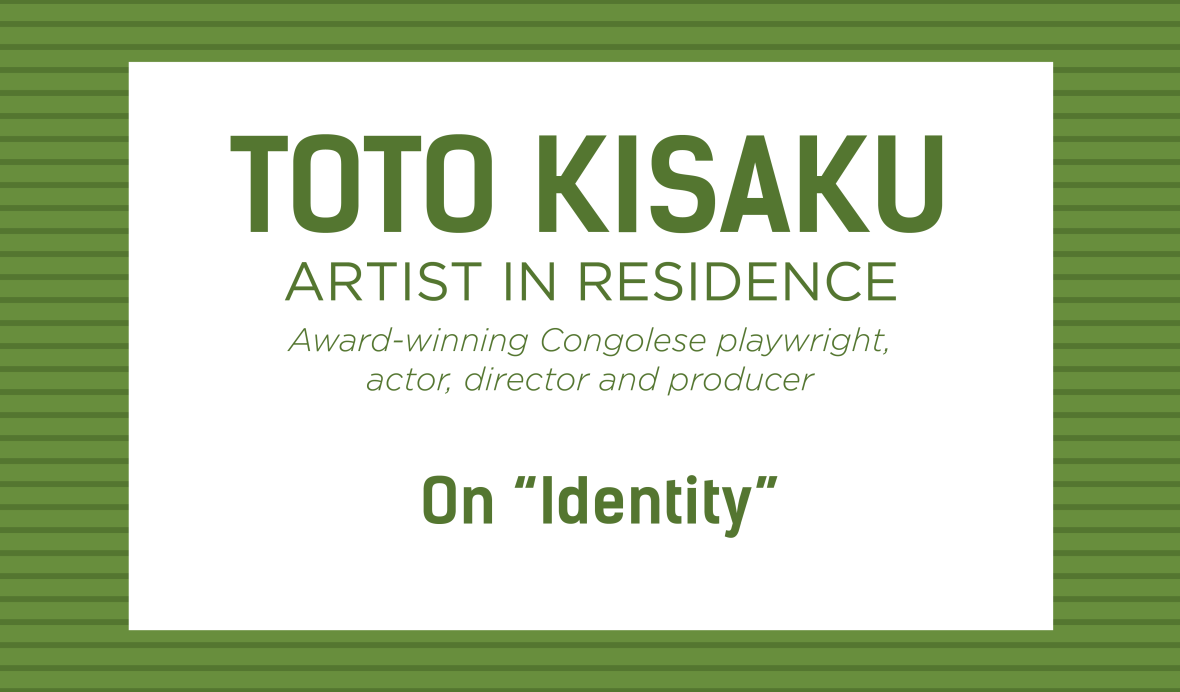Does the acquisition of an identity change our being? Does looking for and discovering our identity strengthen or weaken our capacity for personal and community development?
When I talk about this with other people, some who share my African origin, some of them artists, I often hear them say “I am looking for my identity.”
The question I’m asking myself is what kind of research does that involve? And what identity are we looking for? If we are looking for our own identity, when did we lose it, and how? Or do we accept being simply informed by a regular person or a group of individuals who only know where this identity is geographically? Please comment and react on the Arts & Ideas Facebook page.
What does history teach us?
Looking at history, we see a pattern: at certain times, many people were cut off from their origins due to slavery, the slave trade and various wars across countries and continents over years, decades, and centuries. Some have found themselves without families, without history, far removed from their past, cut off from their roots and their genetic cords—which means many of them, especially compared to those who remained in their country of origin, have questions to settle on this specific form of identity.
From a socio-cultural point of view, how do we discuss this question?
What is an identity? Who are we? Are we really who we are or what we own? Are we our facial features, our size, our clothes, our skin color, our uniform, our prestigious qualifications, our social rank in the community... Are we the values that we contribute to the development of our respective communities, or are we just carriers of those values?
Identity can be a great tool in carrying out powerful actions that visibly impact our communities, especially if we focus on identity as the embodiment of a set of individual values, rather than the plastic packaging that covers our "internal us". But sometimes, this physical package exposes us to extreme comparisons, to segregation, rejection, abandonment, contempt, internal complex, xenophobia, racism, hatred, denigration... even to different forms of verbal and physical violence.
Unfortunately, this only refers to our weaknesses, which we should question. Where do they come from? Where are our forces? Who stole them? And how? Who placed this weakness in us? When did this happen?
Do we really need to search for the culprits of our weaknesses? We are aware that there are people who impose this weakness upon us by annihilating our forces, so we allow ourselves to be robbed of our strength, and in the same way we invite in these weaknesses.
These are the real questions to ask ourselves. By following this path perhaps we would know, on an individual level, where our identity really is. It is by regaining our strengths alongside our weaknesses that we will identify the strengths and weaknesses of our communities and be able to provide solutions.
I am not opposed to your way of defining the concept of “identity”, but I think that it is made of a set of values that we have and that we would like to share with our children and our peers.
In conclusion, I think that the recognition of identity in this form will define not only what belongs to us or what binds us to our origins, but also a set of positive values to bring into a living space. Only positive values can bring us closer, principally through arts and culture as an expression of these values.
— Toto Kisaku
